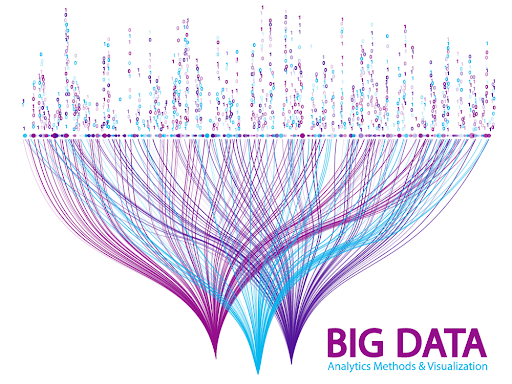Jargon and technical names used for technologies could be confusing for an unknown. The ones with an IT background have to deal with superfluous sounding terminology which is often puzzled.
For instance, both Big Data and Data Analytics have one thing in common, they both deal in the field of Data but are different from each other.
Being in the information era, here exist huge sets of structured and unstructured digital data. This data is growing at a rapid pace and is getting doubled every second year.
The Tecshapers have used computing software and frameworks to resolve the digital data storage problem. Now the focus shifts to processing these huge sets of data.
Here arises the need for a new platform to fulfil the demands of an organization. This need is fulfilled by the implementation of Big Data & Data Analytics tools that are capable of storing and processing huge sets of digital data.
Let’s, sort out these two terms – what it all means and why it is important?
Table of Contents
What is Big Data?
Big data refers to the collection and storage of the immense volume of structured and unstructured raw digital data.
The data is being collected through various channels like the Internet of Things devices, social media, mobile phones, etc. Owing to the high variety and volume of digital data, it requires more computing power and strong algorithms to process and store this data.
The collected data is then used to make a statistical-based decision.
What is Data Analytics?

Data analytics refers to the application of different sets of an algorithm that is capable of differentiating huge sets of digital data based on the reasonable correlation among data.
Historical data lying within the industries are now analysed to infer new statistical findings that may benefit the organizations.
Key differences between Big Data & Data Analytics
Think of Big Data like an Internet that consists of huge sets of digital data. You switch to the Internet when you need some information to answer your questions.
And, think of Data Analytics as the page that you have opened from the search results. You can scroll through the page to find an answer to your question. This is the basic difference between these two terms of technology.
Big data is more focused on piling up digital data gathered through different channels. But Big data Analytics is much more focused on making the unstructured data useful, by sorting it to structured data. This helps the organization to make stats-based decisions.
Applications of Big Data Analytics and Big Data
Big data analytics need specialized software and algorithm, as well as high-powered computing systems to drive new findings. Big data analytics offer many business applications:
- Driving new revenue opportunities
- Helps in making marketing more effective
- Helps in providing a better customer experience
- Increased operational efficiency
- Competitive advantages over rivals
Big Data has already found its applications in various industries. Listed below are some examples of applications of big data:
- Online learning platform
- Finance Industry
- E-commerce
- Telecom
- Healthcare
Industries are using Big Data and Data Analytics to collect their industry-specific data and process them to derive industrial conclusions. Big Data and Data Analytics results are being analyzed to maximize industrial efficiency by taking a statistical-based decision.
Industries are using these technologies to make the most out of the digital data.

About the author